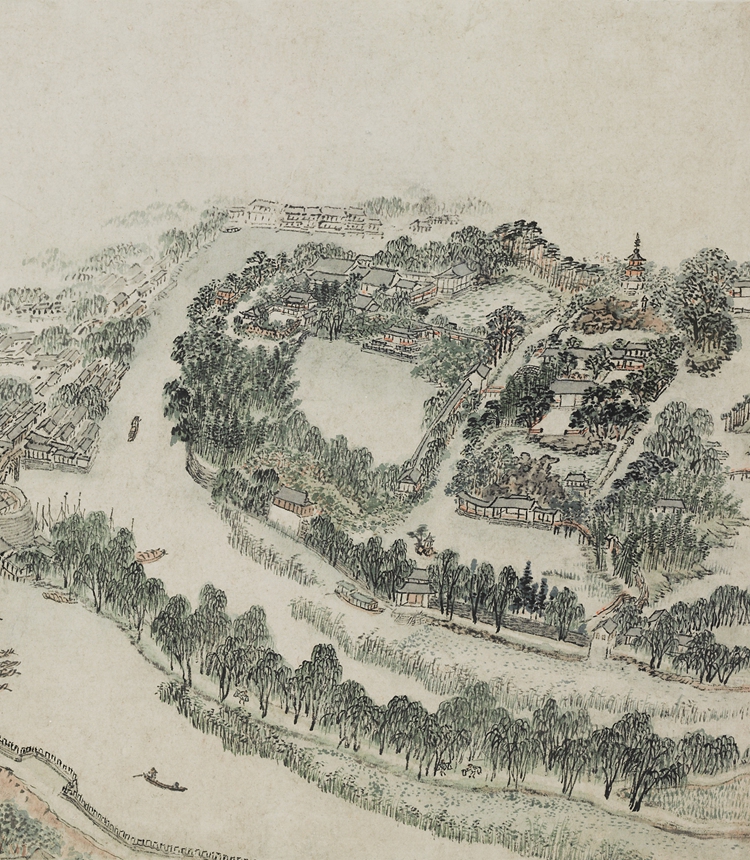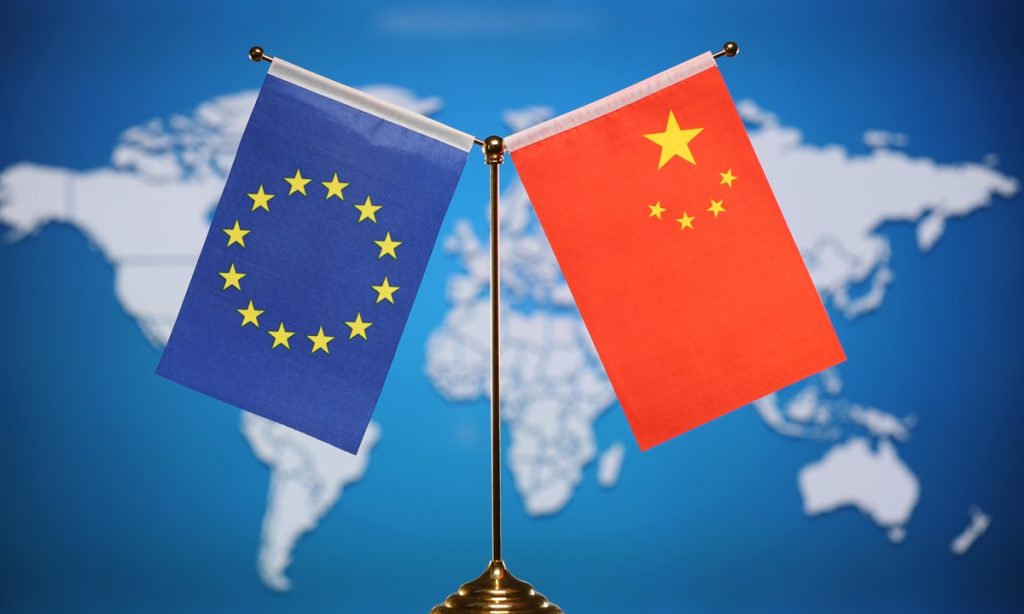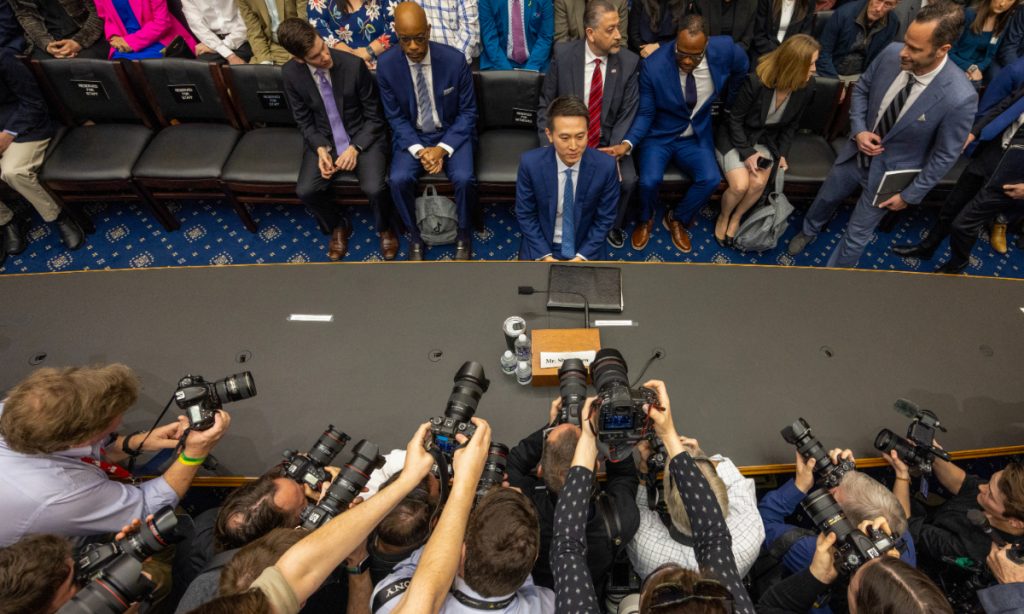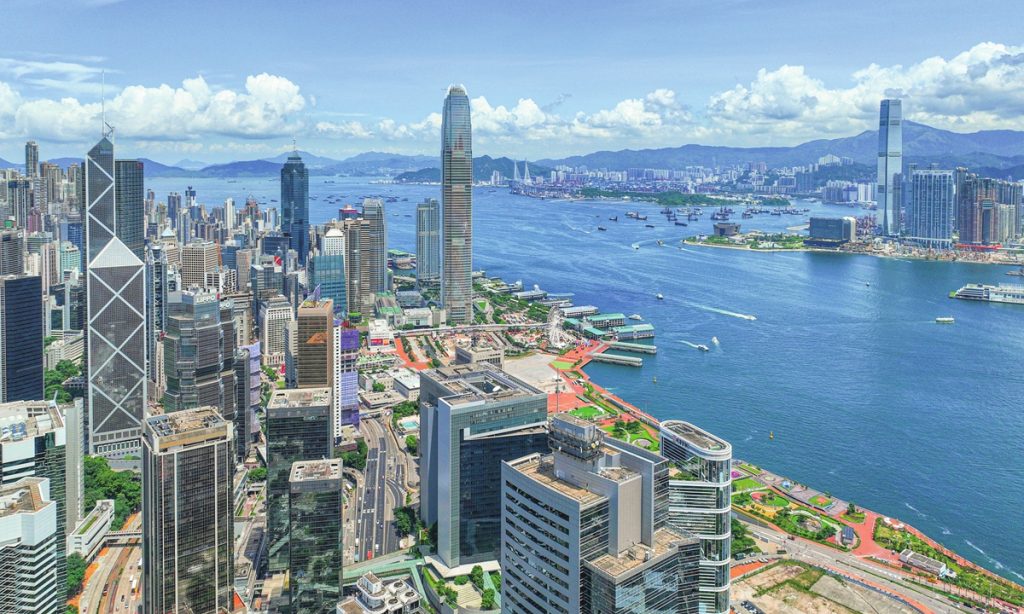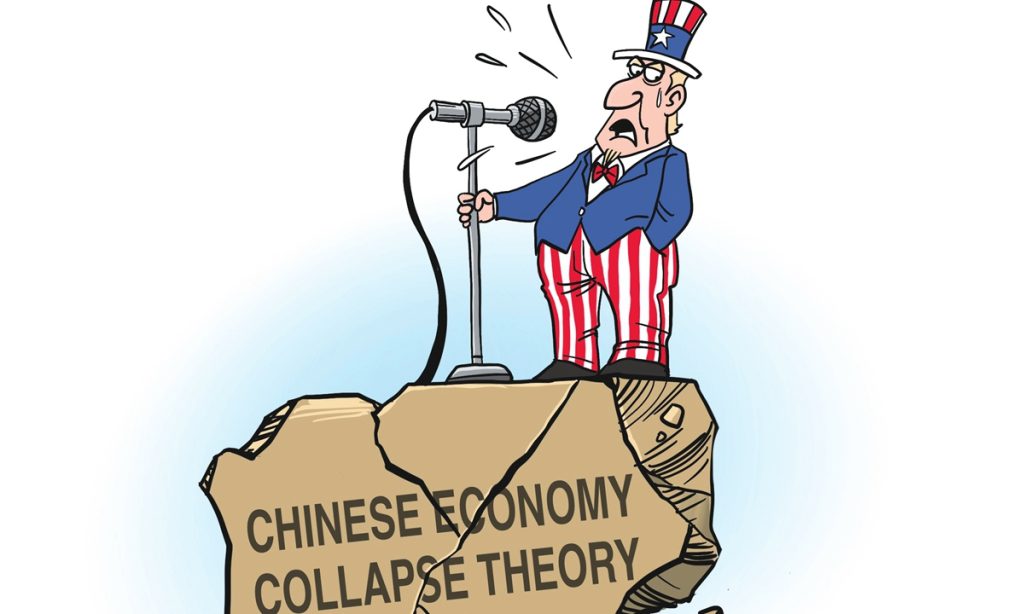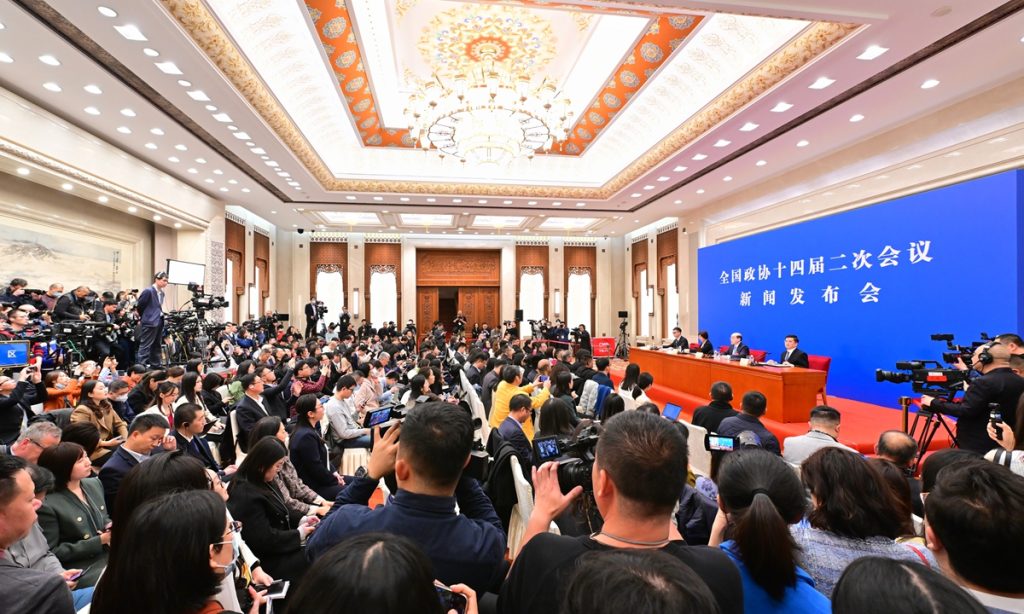Chinese and foreign practitioners meet halfway in overcoming barriers, connect ancient wisdom to world
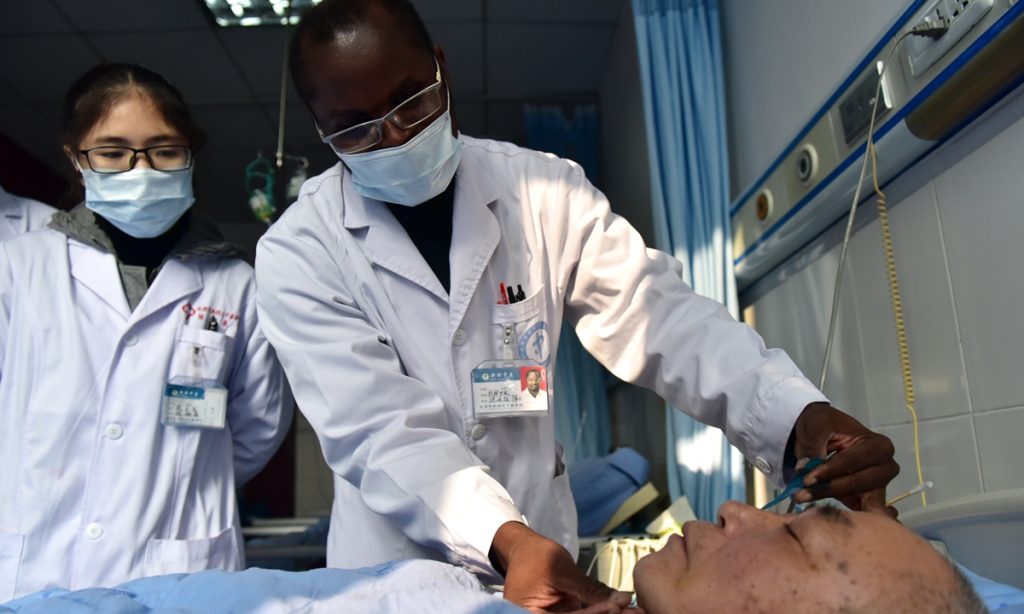
Diarra Boubacar, a traditional Chinese medicine (TCM) practitioner from Mali, Africa, and the first foreign doctor in China to obtain a doctoral degree in TCM, had a curious experience on his first day of official practice.
When a patient opened the door of Boubacar's consultation room and saw his black face, the patient made a beeline for the receptionist to inquire why the hospital had a foreign TCM doctor.
For fear of losing this patient, Boubacar was prompted to leave his consultation room and mingle with the patients in the waiting area, reassuring them of his qualifications as a TCM doctor.
Ultimately, he won the patient over with his expertise. Since then, Boubacar has seen growing public praise as well as an increase in dedicated patients who come specially to see him.
Three decades on, Boubacar is now a renowned "lao zhong yi" (experienced TCM doctor in Chinese) living in Chengdu, Southwest China's Sichuan Province. He has also helped train more than 3,000 doctors in rural areas in southwestern China.
In the future, Boubacar wishes to help promote TCM to the wider world and let more people know about and experience the benefits of ancient Chinese wisdom along with the construction of the Belt and Road Initiative (BRI), Boubacar was quotes as saying by Sichuan news portal newssc.org.
Boubacar is not the only foreigner to fall in love with the ancient practice of Chinese medicine and spent decades learning and practicing it. Although the TCM itself has widespread acceptance in the international community, foreigners who are certified to practice both in China and abroad are few. Their shared wish is to lend a hand in overcoming language and cultural barriers and create smoother channels for TCM to go global.
Medicine knows no borders
Boubacar came to China in the 1980s. His hometown is located 30 kilometers south of Segou, the second-largest city in Mali. In 1984, Boubacar graduated from university with the highest grades in the province. He started to work as a general Western medicine practitioner in his father's hospital, thepaper.cn reported.
At that time, many medical students in Africa had the opportunity to continue their studies in the US, Western Europe, the Soviet Union, or China through aid programs. Boubacar's first opportunity was to study in the Soviet Union. However, a day before his departure, he decided to choose China instead.
Boubacar said he was impressed by how the Chinese medical team in Mali used acupuncture to treat children diagnosed with polio. He was amazed at the calm demeanor of the Chinese doctors as they skillfully and quickly inserted thin needles into patients' bodies.
After establishing diplomatic relations with Mali in 1960, China assisted in the construction of a series of factories in the textile, sugar, leather, and pharmaceutical industries, as well as hospitals in the country.
During his study in Beijing, Boubacar suffered from a severe cold due to a viral infection, and the doctor at the school hospital treated him with TCM. After having a taste of the charm of TCM, he decided to switch from Western medicine to TCM. "Since I am in China, I thought I should learn TCM," Boubacar said.
However, one of his best friends who accompanied him to Beijing tried to dissuade Boubacar. The friend lauded Western-style medicine and compared TCM to witchcraft. Boubacar ignored his words and went to Guangzhou in South China's Guangdong Province to study without hesitation.
In 1997, he received a doctoral degree from the Chengdu University of TCM, becoming the first foreign doctor to do so. That same year, he joined Doctors Without Borders, an international medical humanitarian organization, and started to offer free medical services to villagers in Southwest China's Yunnan Province. He has also voluntarily helped train more than 3,000 rural doctors in nearly three decades.
Medicine knows no borders, and TCM is a treasure from Chinese culture that needs to be known by people all over the world, Boubacar has always affirmed.
With the construction of the BRI, Boubacar feels that it is an opportunity to promote TCM internationally. He hopes that in the future he will unite people in Africa who have studied TCM and establish a comprehensive TCM diagnosis and treatment center that combines scientific research, teaching, and medical care, to train doctors in various parts of Africa.
"If we can accomplish this, it will not only be a business card for TCM but also a new business card for friendship between China and Africa," he said.
Conquer language, cultural barriers
TCM has been actively leading the development of international traditional medicine, integrating into the international medical system in recent years. The 72nd World Health Assembly approved the 11th revision of the International Classification of Diseases (ICD-11), which, for the first time, included a chapter on traditional medicine originating from TCM. China has also promoted the establishment of the Committee of TCM Standardization Technology with the code of ISO/TC249, which has developed and issued about 90 international standards for TCM.
However, due to differences in language, culture, and other factors between China and other countries, barriers still exist in promoting TCM overseas.
Jia Yunfeng, an expert from the United Nations World Tourism Organization, pointed out at a forum in October 2023 that TCM is still difficult for many foreigners to understand.
Jia believed that the lack of talent in communication and a lack of understanding of the health needs of foreigners regarding TCM have become stumbling blocks for the internationalization of TCM.
Helping to move language and cultural barriers and allowing more foreigners to understand the use of TCM in their daily lives, this is where Tim Vukan, a German TCM practitioner who had studied TCM for about 20 years, believes his mission lies.
Unlike Boubacar who was born into a family of doctors, Vukan got interested in TCM while learning martial arts.
Vukan started learning Wing Chun in his hometown of Hamburg, Germany, when he was 18 years old. Wing Chun is a concept-based traditional Chinese Kung Fu style that requires practitioners to undergo intensive physical, mental, breathing, energy and force training in a relaxed manner. Grandmaster Ip Man is a representative for it.
During the learning process, the teacher not only taught Vukan Kung Fu, but also introduced him to many aspects of TCM, such as massage, meditation, and meridians, all of which are related to qi, or vital energy, which is considered to be an active principle present in any living thing that flows through their bodies.
At that time, Vukan did not know much about TCM, but he just knew that these exercises relieved his pains and made him feel comfortable after practicing Kung Fu.
In 2004, Vukan obtained a three-month tourist visa to travel and learn kung fu in China. He first went to Central China's Henan Province, the birthplace of martial arts, then went to Yangshuo county of Guilin, South China's Guangxi Zhuang Autonomous Region to learn Tai Chi, a centuries-old Chinese martial art.
He also visited Hangzhou in East China's Zhejiang, Wuhan in Central China's Hubei, Nanjing and Suzhou in East China's Jiangsu, Kunming, Dali, and Xishuangbanna in Southwest China's Yunnan. At the end of his visa, Vukan returned to Germany, but he knew in his heart that he would definitely return to China. He was very curious about and longed for this land.
In August 2005, Vukan received an invitation from Zhejiang Chinese Medical University (ZCMU) to attend their short-term study program. The most difficult aspect for Vukan in learning TCM was the language. To overcome this difficulty, Vukan turned Chinese herbal medicine, prescriptions, and acupuncture points into songs and wrote them on cards.
He would bring a few cards along with him when taking the bus every day. He also participated in various training classes and found time to follow mentors and doctors in outpatient clinics, observing their patient consultations and copying their prescriptions.
So far, Vukan has been studying Chinese medicine for nearly 20 years. Chinese medicine is not only his hobby, but also his profession, and a life philosophy that has been deeply integrated into all aspects of his life.
Vukan and his family pay much attention to yang sheng - self-healthcare as he calls it. They have hot water in the morning, and consume various kinds of health-enhancing herbal teas according to the seasons and demand.
"Western medicine and Chinese medicine are both aimed at curing diseases, but TCM also emphasizes prevention of disease, so self-care is very important," Vukan told the Global Times. He noted that TCM is related to every aspect of people's lives and can help people live a better and healthier life.
Now Vukan teaches medical English in the ZCMU to help young Chinese students and TCM practitioners overcome the language barrier and better communicate with the world. He also created the Wushan TCM, a Chinese medical network, in 2008, to provide live and recorded courses to share professional, authentic and personal knowledge with foreigners.
He said that although he looks like a Westerner on the outside, he is Chinese on the inside. He considers it his mission to combine Eastern and Western medicine and popularize professional Chinese medicine knowledge to foreign people in simple and understandable language.
New card for friendship
With the growing influence of TCM worldwide, China is also actively expanding platforms for foreigners to learn and understand TCM, in the hope that more people, whether Chinese or foreigners, can become the envoys between TCM and the outside world and help promote the two sides' medical exchanges.
The TCM culture is an important part of traditional Chinese culture, said Peng Haiyan, an associate professor at the Nanjing University of Chinese Medicine. For universities, "promoting traditional Chinese culture to the international TCM students can improve their sense of identity in relation to TCM, so that they become not only the beneficiaries of the TCM therapy, but also important [envoys] that spread Chinese culture," Peng noted.
Iranian Motahareh Asgari and her husband Meghdad Abdi are two such envoys.
In 2002, Asgari became the first English language-taught PhD graduate in Traditional Chinese Medicine Formula at the Shanghai University of Traditional Chinese Medicine (SHUTCM). Now she serves as an assistant research fellow at a medicine research center at the university. She loves traditional Chinese culture, and actively participates in traditional medicine exchanges between China and Iran, the Global Times learned from Cheng Lin, secretary of the Communist Party of China (CPC) branch of International Education College, SHUTCM.
Asgari's husband, Abdi, is also a big enthusiast of Chinese culture and has been practicing tai chi for years in his leisure time. He won a tai chi championship back in Iran, and got the first prize in men's Yang-style Tai Chi at a friendly competition among international university students in Shanghai, according to Cheng.
In total, there are more than 1,000 full-time international students from more than 60 countries, including pre-med students, undergraduates to masters, and doctoral candidates, studying TCM at the SHUTCM, Cheng told the Global Times.
With TCM's efficacy being recognized by more people out of China, in the coming years, TCM universities like SHUTCM will continue stabilizing and expanding the number of their international students.
The SHUTCM will also expend more efforts in promoting the setup of overseas cooperative education projects, and the construction of overseas Chinese medicine centers, according to Cheng.
